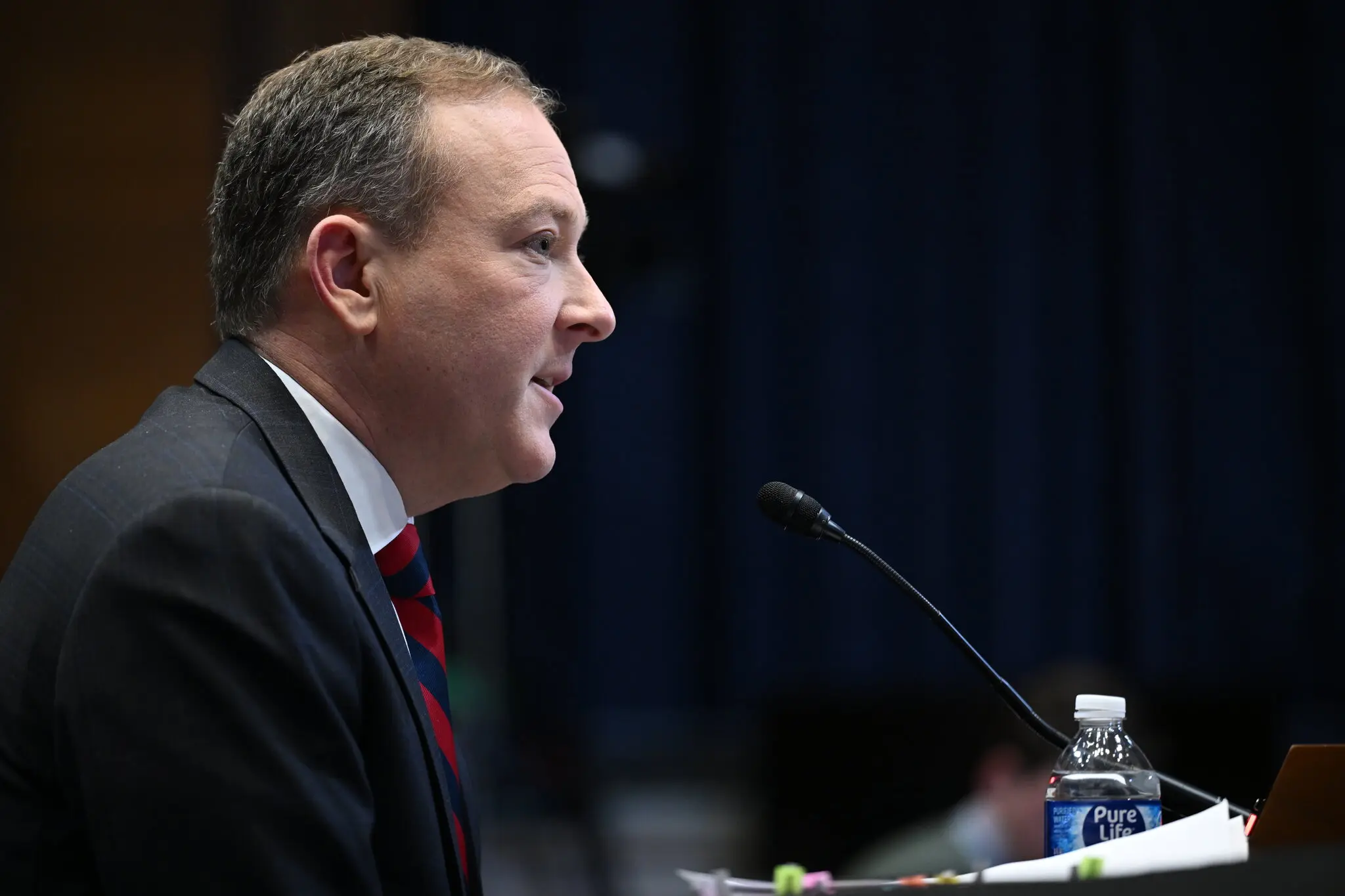On March 12, 2025, the Environmental Protection Agency (E.P.A.) under Administrator Lee Zeldin made a bold announcement, declaring what they call “the greatest day of deregulation our nation has seen.” This sweeping series of rollbacks targets dozens of key environmental protections ranging from pollution regulations to greenhouse gas oversight, refocusing the E.P.A.’s mission in a way that critics argue fundamentally defies its founding principles. While proponents champion the move as a step toward economic freedom and energy dominance, environmentalists and policy experts warn that these actions could have significant consequences for public health and the future of climate change.
A Shift in the E.P.A.’s Mission
When William D. Ruckelshaus, the first administrator of the E.P.A., introduced the agency in 1970, its mission was clear—to protect and enhance the environment through research, standards, and enforcement in areas like air and water pollution. Today, that vision appears to have shifted dramatically. Lee Zeldin’s announcement, delivered via a short video, was less about preserving the environment and more focused on reducing costs for car buyers, homeowners, and businesses.
“We at E.P.A. will do our part to power the great American comeback,” Zeldin stated, reframing the agency’s role as a facilitator of economic growth rather than an environmental safeguard. Nowhere in his speech was there mention of protecting the environment or public health, which were the bedrock principles of the organization.
This pivot in priorities accompanies President Trump’s broader agenda to “unleash energy dominance,” achieved by removing what the administration perceives as obstacles to business and economic growth. The question remains whether this shift aligns with the organization’s legal and moral obligations to the American people.
Key Rollbacks
The E.P.A.’s announcements represent the culmination of months of efforts to reverse regulations enacted during previous administrations. Among the most notable changes are:
- Restrictions on Carbon Dioxide and Greenhouse Gases
One of the most consequential moves is the aim to dismantle the E.P.A.’s authority to regulate carbon dioxide and other greenhouse gases. By challenging decades of established climate science, the administration seeks to revoke the 2009 “endangerment finding,” a legal basis granting the E.P.A. authority to curb emissions. Without this authority, limiting climate pollution from industries like automobiles, power plants, and oil and gas wells would become nearly impossible.
- Relaxing Limits on Power Plant Pollution
Coal-burning and gas plants would no longer need to meet stringent requirements to cut greenhouse gas emissions by 90% by 2039. This rollback directly affects air quality and contradicts efforts to transition to cleaner energy sources.
- Weakening Mercury and Soot Regulations
Mercury, a known neurotoxin, and soot linked to respiratory illnesses and premature deaths would face fewer restrictions, endangering vulnerable communities.
- Eliminating the “Good Neighbor Rule”
This rule, which tasked states with addressing pollution carried by wind into neighboring regions, is set to vanish, likely worsening air quality across state boundaries.
- Reducing the “Social Cost” of Carbon
By devaluing the economic impact of carbon emissions, the administration minimizes the acknowledged long-term damages of climate change in policy decision-making.
These rollbacks signify a comprehensive attack on environmental protections, with the administration heralding it as a momentous deregulatory achievement.
Industry Applauds, Critics Condemn
Supporters of these deregulations include top representatives from the automobile, oil, gas, and chemical industries. Groups like the American Exploration & Production Council and the U.S. Chamber of Commerce hailed the changes as “common sense” measures to reduce costs and enhance competitiveness. For such industries, the loosening of restrictions means lower compliance costs and fewer barriers to operations.
However, the backlash has been swift and severe. Environmentalists, scientists, and lawmakers have openly condemned the measures, claiming that these actions disregard both science and public health. Gina McCarthy, former E.P.A. administrator under the Obama administration, called it “the most disastrous day in EPA history,” asserting that it abandons the agency’s core mission.
Democratic Senator Sheldon Whitehouse criticized the deregulation as an outcome of undue influence from big oil donors, describing the event as an assault on clean air, water, and affordable energy. Similarly, climate activists warn that rolling back regulations could significantly exacerbate health issues such as asthma and heart disease, particularly in vulnerable communities already suffering the effects of pollution.
Climate Consequences
The rollbacks come at a precarious moment in the fight against climate change. With the U.S. being the largest historic emitter of carbon dioxide, its environmental policies carry global consequences. Scientists widely agree that human activity is driving climate change, intensifying weather disasters, and impacting ecosystems worldwide. Last year, the U.S. experienced a record 27 billion-dollar climate disasters, ranging from wildfires to hurricanes. Despite these stark realities, the administration has chosen to sideline climate risks in its policy considerations.
Rolling back environmental protections and questioning decades of climate science run contrary to efforts to curb greenhouse gas emissions and mitigate climate change’s impact. By dismantling the rulebook for clean energy and emissions regulations, the U.S. risks falling behind in the global push toward a sustainable future.
What’s Next?
While the scope of the deregulation is vast, these proposals do not carry the force of law just yet. Each change must undergo a formal process that includes public commentary and evidence-based justification. This gives environmental advocates, policymakers, and citizens an opportunity to challenge the administration’s actions.
Legal experts suggest that some changes, such as revoking the endangerment finding, may face significant hurdles in court. “You’ve got to explain away decades of statements by every administration that there are negative consequences of climate change,” said Jonathan H. Adler, a professor of environmental law. He views the attempts to dismiss scientific consensus as a futile exercise.
A Moment of Reckoning
The E.P.A.’s actions mark a turning point in the country’s approach to balancing environmental protection with economic growth. While the administration frames deregulation as a path to a stronger economy, opponents argue that sacrificing public health and climate safety is too steep a price.
Ultimately, the significance of this “greatest day of deregulation” will only be understood in the years to come, as its long-term effects on the environment, society, and economy become clear. For now, it is up to policymakers, activists, and the general public to assess whether these changes represent progress or peril.
What’s your take on the E.P.A.’s announcement? Join the conversation and share your perspective.








